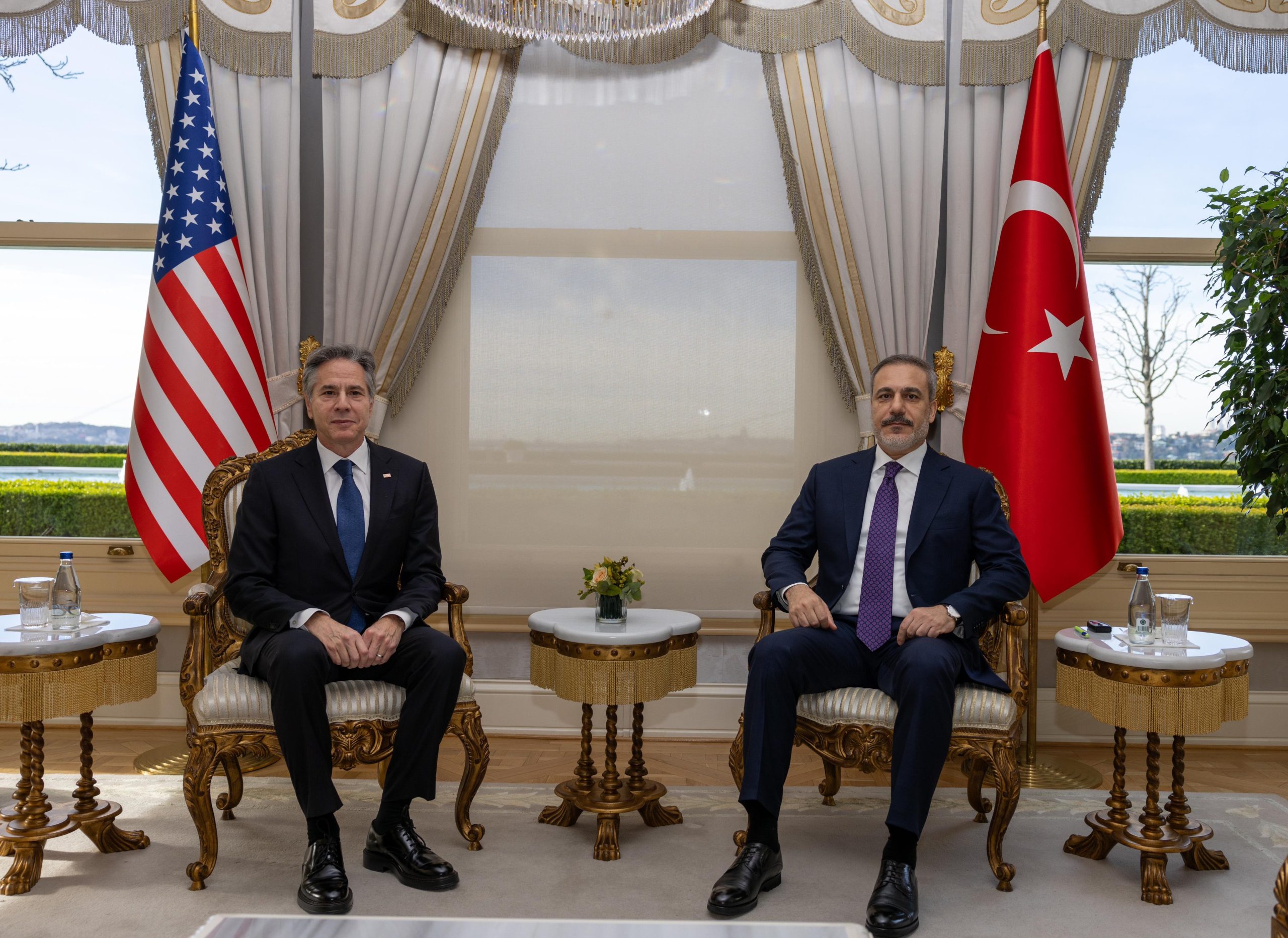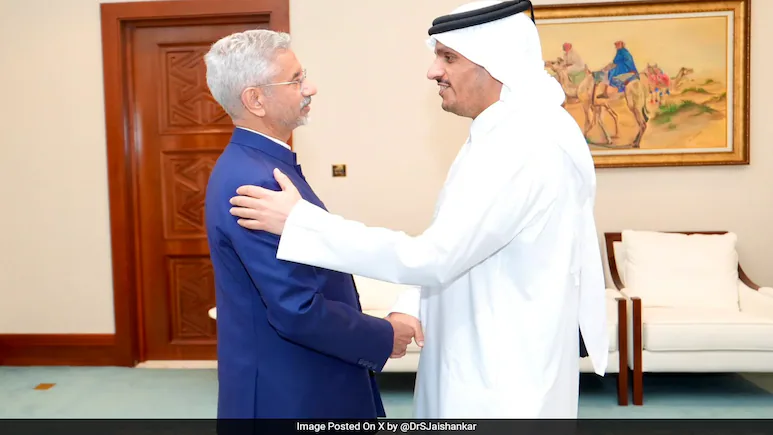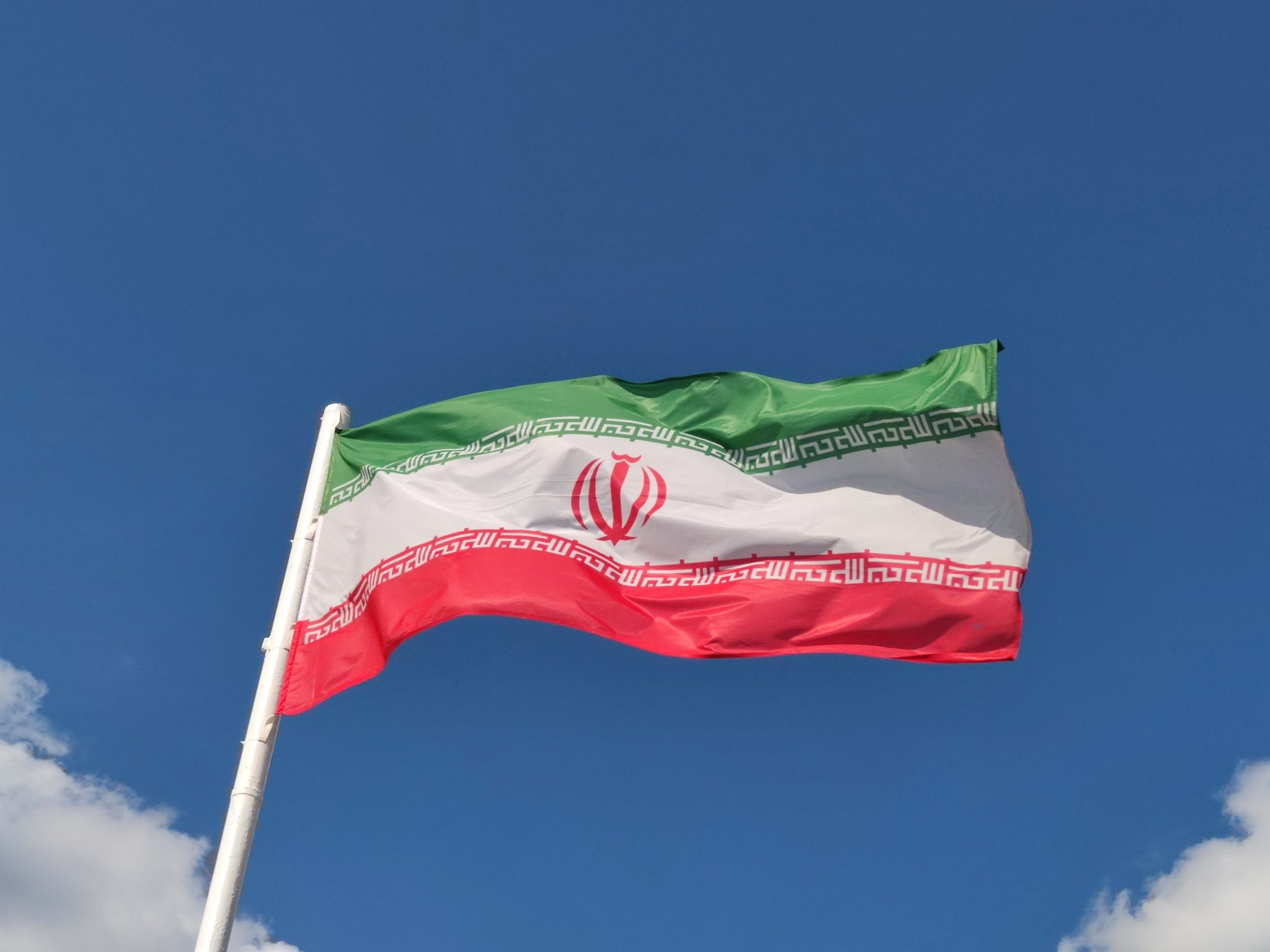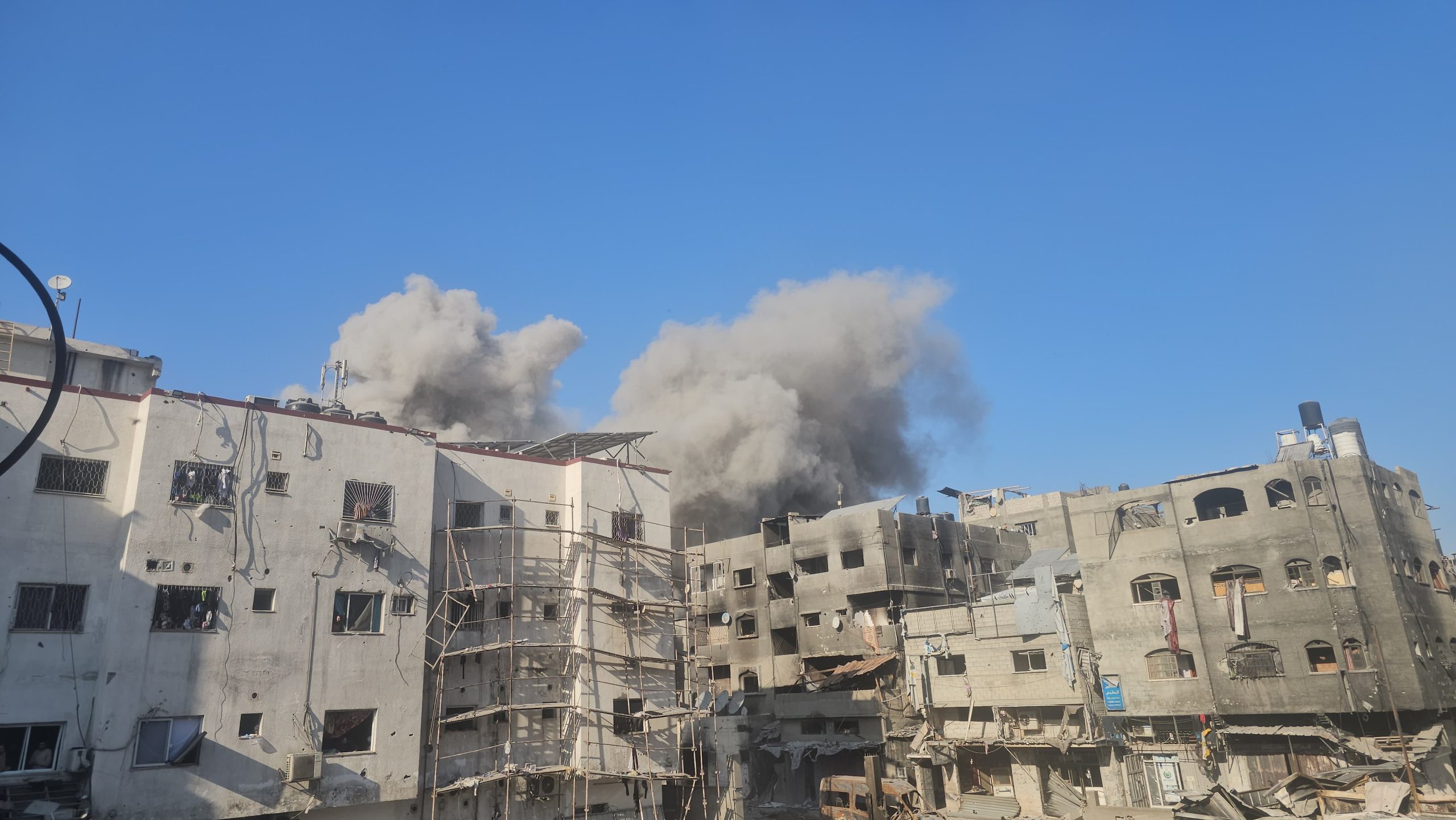Ankara, a NATO member, has taken a hard stance towards Tel Aviv since the beginning of the genocidal war on Gaza, despite sharing diplomatic ties.
Turkiye’s Foreign Minister Hakan Fidan reportedly pressed U.S. Secretary of State Antony Blinken in Istanbul for “an immediate ceasefire” in Gaza, a Turkish official told the Associated Press on Saturday.
Turkiye was the first stop of Blinken’s latest diplomacy tour where he met Turkish President Recep Tayyip Erdogan. Blinken’s tour has so far included Turkiye, Greece and Jordan, which comes as the U.S. faces mounting domestic and international pressure to work on a ceasefire in Gaza.
Washington has repeatedly voiced its support for Tel Aviv’s right to self defence against Hamas while rejecting a ceasefire in Gaza. The U.S. had used its veto power on December 8 to block a United Nations Security Council vote over a ceasefire.
Since October 7, Israel has killed at least 22,722 Palestinians in Gaza while injuring 58,166 others, according to the latest figures by the Strip’s health authorities. Women and children make up 70% of the entire figure.
A Turkish official, who spoke on the condition of anonymity, said Hakan told Blinken that Israel’s “increasing aggression” in Gaza poses a threat to the entirety of the region, calling for talks on a two-state solution “as soon as possible.”
Hakan called for the “uninterrupted” flow of humanitarian aid into the besieged enclave.
Commenting on Blinken’s meeting in Turkiye, State Department spokesperson Matthew Miller said the discussions centred on the need to “prevent the conflict from spreading” outside of Gaza, making no mention of a ceasefire.
Blinekn told reporters in Greece that Turkiye “is prepared to play a positive, productive role in the work that needs to happen the day after the conflict ends and as well more broadly in trying to find a path to sustainable peace and security.’’
Ankara, a NATO member, has taken a hard stance towards Tel Aviv since the beginning of the genocidal war on Gaza, despite sharing diplomatic ties.
On December 27, Erdogan said that Israeli Prime Minister Benjamin Netanyahu was no different from Adolf Hitler.
“They used to speak ill of Hitler. What difference do you have from Hitler? They are going to make us miss Hitler. Is what this Netanyahu is doing any less than what Hitler did? It is not,” Erdogan said at the time.
“He is richer than Hitler, he gets the support from the West. All sorts of support comes from the United States. And what did they do with all this support? They killed more than 20,000 Gazans,” Erdogan added.
Blinken is scheduled to land in Doha on Sunday before heading to Abu Dhabi, Al-Ula, Tel Aviv, the West Bank, and Cairo. The U.S. state secretary was previously in Qatar on October 13, where Washington and Doha had “very productive discussions” on the situation in Gaza.
A State Department statement on Blinken’s tour said he will “underscore the importance of protecting civilian lives in Israel and the West Bank and Gaza” and the release of all remaining hostages.
“He will also discuss urgent mechanisms to stem violence, calm rhetoric, and reduce regional tensions, including deterring Houthi attacks on commercial shipping in the Red Sea and avoiding escalation in Lebanon,” Washington said on January 4.
Qatar—the host of a Hamas political office and a Major non-NATO ally—alongside Egypt, have been at the forefront of de-escalation efforts in Gaza.
Doha and Cairo’s mediation had resulted in a temporary truce that lasted between November 24 and December 1 following two extensions under wider efforts to reach a permanent ceasefire.
The pause led to the release of at least 110 Israeli and foreign captives from Gaza, according to a Doha News tally. As part of the deal, Israel released 240 Palestinian women and children from Israeli prisons.
Israel said on Thursday that it believes there are 136 hostages still in Gaza, up from an initial estimate of 129.
Talks over another deal gained momentum last month with reports pointing to a proposal submitted by the mediators, including a three-phased plan presented by Egypt, drafted with Qatar.
The reported deal included a seven-to-10-day pause to allow the release of more Israeli and foreign captives from Gaza in exchange for Palestinian prisoners, multiple reports said, including Al Jazeera.
The negotiations appeared to face a new challenge last week following Israel’s killing of senior Hamas leader, Saleh Al-Arouri, in Beirut, a move that marked a dangerous escalation following months of cross-border attacks in southern Lebanon.
To date, Israel has not claimed the attack despite Hamas, Hezbollah and Lebanese authorities confirming it was carried out by Israel. The incident marked the first Israeli attack on Beirut since the 2006 war, raising global concerns over a wider regional war.
Since last year, Qatar has been playing a diplomatic role in Lebanon in hopes of filling the country’s presidency seat, since former president Michel Aoun left office in October 2022.
The Gulf state is part of a quintet group formed in 2023 under an initiative led by French Presidential Envoy for Lebanon Jean-Yves Le Drian. The group includes Qatar, Saudi Arabia, Egypt, the U.S., and France.
Qatar’s Prime Minister and Minister of Foreign Affairs Sheikh Mohammed bin Abdulrahman Al-Thani held a phone call with caretaker Lebanese Prime Minister Najib Mikati on Friday.
A Qatari foreign ministry statement on the conversation said Sheikh Mohammed “stressed the danger of attempts aiming to drag Lebanon into a regional war.”
The Qatari official added that “the widening scope of violence and the circle of conflict in the region would have severe consequences if expanded, particularly on Lebanon and neighbouring countries.”
“He underscored the urgent need for the international community to take immediate action to stop Israeli violations of international law,” the statement said.







